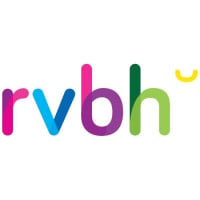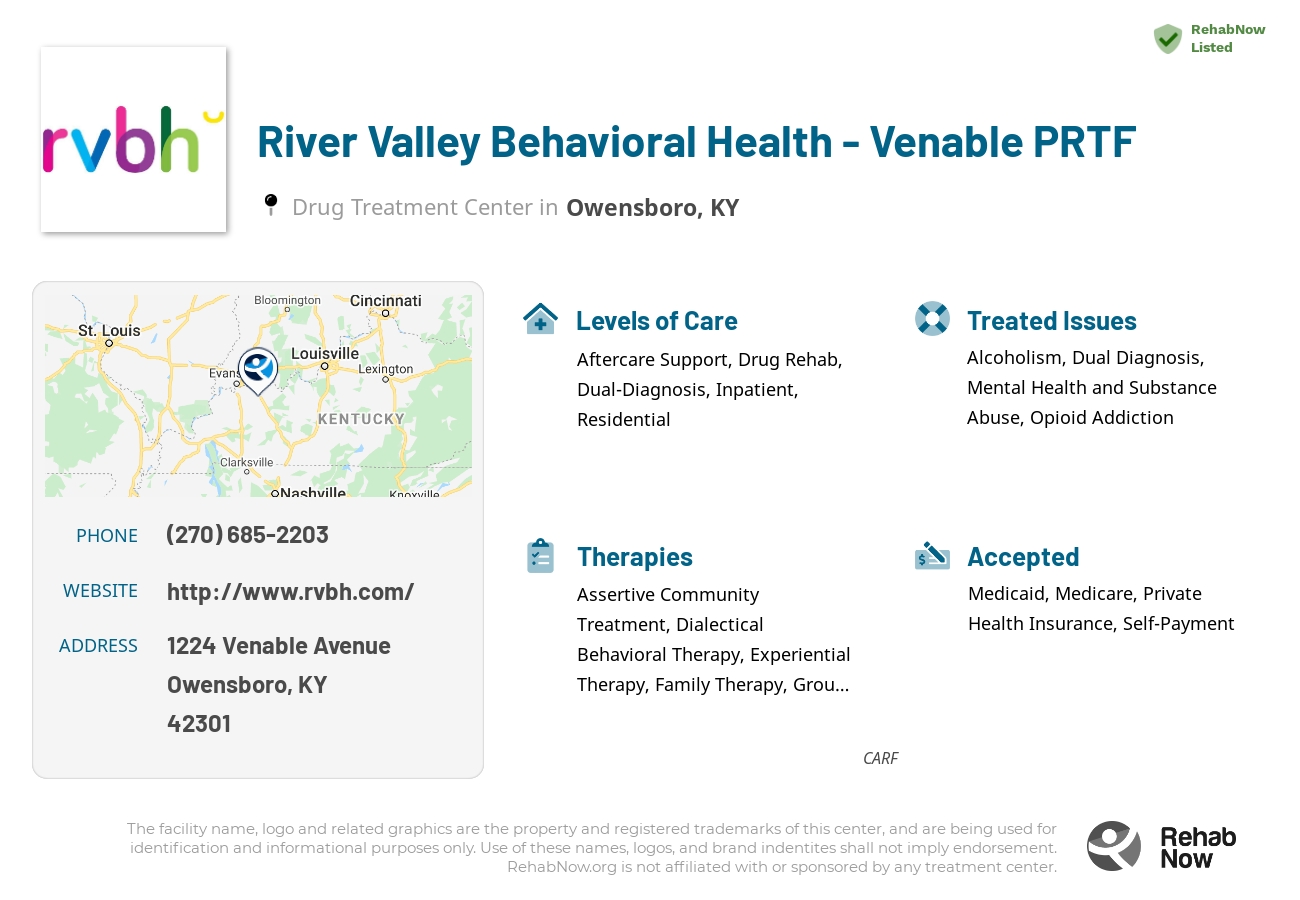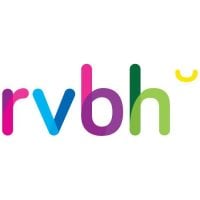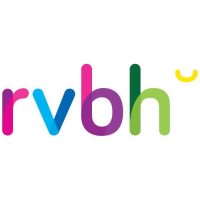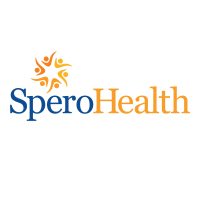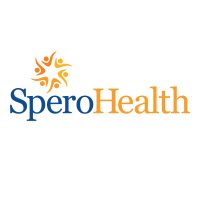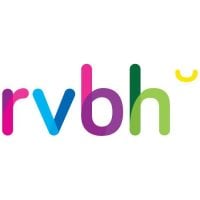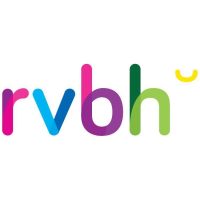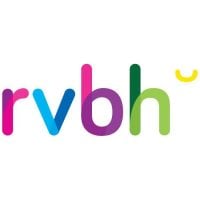River Valley Behavioral Health - Venable PRTF
Drug Rehab Center in Owensboro, Kentucky
River Valley Behavioral Health - Venable PRTF in Owensboro, Kentucky is an addiction treatment facility that offers a wide range of services to help individuals suffering from alcoholism, opioid addiction, dual diagnosis, drug addiction, and substance abuse.
About River Valley Behavioral Health - Venable PRTF in Kentucky
River Valley Behavioral Health - Venable PRTF in Owensboro, Kentucky, stands out as a specialized 9-bed Psychiatric Residential Treatment Facility (PRTF) focusing on behavioral health services for children. This facility is unique in its comprehensive care approach, offering a blend of individualized treatment and a full continuum of care to meet the diverse behavioral needs of its community.
- Individualized Care: Tailors treatment to each child's unique needs, ensuring a personalized path to recovery.
- Comprehensive Services: Offers a wide range of services including psychotherapy, psychiatric assessment, crisis stabilization, and more.
- Accredited Facility: Proudly accredited by CARF and SAMHSA, ensuring high-quality care and adherence to best practices.
River Valley Behavioral Health - Venable PRTF is recognized for its commitment to quality and excellence, as evidenced by its accreditations from CARF and SAMHSA. The facility's approach is centered on providing care that addresses the specific needs of children, adults, and their families, encompassing both mental health and substance abuse challenges.
The facility treats a variety of issues including alcoholism, opioid addiction, dual diagnosis, and substance abuse. Treatment methods include cognitive behavioral therapy, dialectical behavior therapy, and medication-assisted treatments, among others. With a focus on both inpatient and outpatient care, River Valley Behavioral Health - Venable PRTF offers a supportive environment for recovery and healing.
Genders
Ages
Modality
Additional
Accreditations
SAMHSA

CARF
The Commission on Accreditation of Rehabilitation Facilities (CARF) is a non-profit organization that specifically accredits rehab organizations. Founded in 1966, CARF's, mission is to help service providers like rehab facilities maintain high standards of care.
Conditions and Issues Treated
Opioid addiction treatment should be done in a medically supervised drug rehab. While taking opioids, users will typically use other substances to enhance the effects of opioids or to reduce the adverse effects of opioid use. Opioid addiction treatment will include detoxification and drug rehab counseling to help both the user and their loved ones learn how to live a successful sober lifestyle.
Treatments such as methadone, buprenorphine, and naltrexone are three medications that can help treat opioid addiction. These drugs work on the brain’s pleasure center and reduce cravings and the effects of illicit opioids such as heroin. These drugs can be either given orally or by injection. Individual drug rehab counseling sessions can be helpful to discuss any questions or concerns with the drug treatment program. This counseling will also help the user set goals for when they finish drug rehab.
Opioid addiction recovery is a long process. Many of the changes to the brain caused by opioid use cannot be undone, but with time and the proper treatment, a person can return to normal function. After detox, treatment will include drug rehab counseling and entering a halfway house or sober living community. Aftercare is critical to long-term recovery, as it helps the user avoid relapsing and entering back into drug rehab.
Levels of Care Offered
This center offers a variety of custom treatment tailored to individual recovery. Currently available are Aftercare Support, Drug Rehab, Dual-Diagnosis, Inpatient, Residential, with additional therapies available as listed below.
Inpatient treatment for alcoholism or drug addiction is an option that provides the addict with a supportive environment in which they can stop using. This type of treatment is appropriate for addicts that are most in need of intensive care and supervision. This includes those who were unable to quit on their own, those who need more structure than they can get in outpatient treatment.
Residential treatment programs are those that offer housing and meals in addition to substance abuse treatment. Rehab facilities that offer residential treatment allow patients to focus solely on recovery, in an environment totally separate from their lives. Some rehab centers specialize in short-term residential treatment (a few days to a week or two), while others solely provide treatment on a long-term basis (several weeks to months). Some offer both, and tailor treatment to the patient’s individual requirements.
Aftercare support is vital to those who have completed a drug or alcohol treatment program. This support comes in individual and family counseling, treatment of psychiatric and other medical conditions, and medications to reduce cravings. It helps recovering addicts adjust to normal day-to-day activities and can last for a year or longer.
The majority of drug and alcohol addicts who receive aftercare treatment do not relapse. It is estimated that without aftercare, the relapse rate will be between 70 to 90 percent for most people. Aftercare is the final stage in addiction recovery, but it will also help maintain sobriety if relapse does occur.
Therapies & Programs
No single treatment works for all addicts; therefore, the goal of treatment and therapy should be to find what works best for each individual. Some people requiring addiction treatment may only need a few weeks of inpatient care. Others will require long-term residential care. Tolerance and withdrawal levels vary from person to person and thus affect the intensity of the treatment needed.
If an individualized approach to treatment and therapy is not offered, addicts may fail to reap benefits from their efforts. Professionals must customize plans according to their patient’s needs, limitations, and strengths. The goal of all forms of addiction treatment should be for addicts to find healthy ways to cope with their addiction and its underlying causes.
The therapies usually include siblings, children, and parents who are involved in their daily lives. These sessions are vital because they address past issues that may have hampered an addict’s or alcoholic’s recovery and provide support at a crucial time!
One of the most critical aspects of family therapy is helping addicts’ loved ones see their situation in a new light. It’s also one of the most challenging things a family can do when a loved one struggles with addiction or alcoholism.
Group therapy is held in a safe, controlled setting where patients can feel comfortable sharing their struggles and gaining perspective through shared conversations. It takes place in a group rather than one on one to prevent feelings of isolation or being unique in their situation while creating an environment for addicts at River Valley Behavioral Health - Venable PRTF to develop fellowship, accountability, and support. Group therapy is an important tool in recovery that prevents cravings that prompt a return to active addiction.
This type of therapy involves the use of a variety of therapeutic techniques to help addicts recover from past traumas that might have triggered their substance abuse. During these sessions, therapists will work with the addict to address painful memories and learn how to cope effectively with stressors as they arise.
During these types of sessions, therapists will typically focus on three main goals:
- Identifying and expressing painful emotions associated with past traumas.
- Reducing the effects of stress on an addict’s life by developing more effective coping mechanisms.
- Developing healthy ways of thinking about stressful situations that can help addicts avoid substance abuse issues in the future.
This type of therapy is typically used in conjunction with other types of addiction treatment services. By identifying and dealing with the root cause of addiction, most addicts can overcome their cravings and prevent relapse once they leave rehab.
Many different types of addiction treatment services exist to help addicts safely get sober, but it’s important for recovering individuals to find a therapist or support group that will help them address the root cause of their addiction.
Dialectical Behavior Therapy is a form of Cognitive Behavioral Therapy that helps patients understand the relationship between their thoughts, feelings, and behaviors. It is beneficial for those whose addictions and behaviors stem from severe mental health issues. It aims to help the patient achieve their goals and identify how they can enhance their lives.
Cognitive-behavioral therapy is a talking-based method that helps people struggling with addiction replace destructive behaviors with healthier ones. CBT also helps them identify the underlying thoughts and beliefs that cause these behaviors in the first place and ways to control those thoughts and feelings. It can be administered as a holistic therapy or as part of combination therapy and—as opposed to turning to drugs and alcohol—helps addicts learn how to respond to negative thoughts instead.
Life skills training is beneficial for addicts in recovery because it helps them learn how to take care of themselves and improve their quality of life, which can promote feelings of purpose and motivation.
This type of treatment works by teaching individuals life-enhancing skills that support positive living, including:
- Healthy lifestyle habits
- Skills to effectively manage stress
- Effective communication skills to help them get their needs met without turning to drugs or alcohol
- Money management and budgeting skills so they can continue to take care of themselves after treatment ends.
When you leave a healthy lifestyle behind to live as an addict, your body becomes unbalanced. Nutritional deficiencies gradually creep in, and before you know it, you’re facing severe health problems. For people who are trying to kick their drug addiction, nutrition therapy at River Valley Behavioral Health - Venable PRTF is a great tool. It helps restore balance to the body, and for many addicts, it represents the first step on the road to recovery.
Nicotine replacement therapy is a way for people to get the nicotine they are addicted to without having to smoke cigarettes. There are several different types of devices that have been approved for NRT. Studies have shown that all NRTs work better than placebo (fake treatment). NRT helps smokers get nicotine into their system without resorting to smoking and experiencing aggressive withdrawal symptoms. Coupling NRT with counseling and other means of support gives long-term smokers a better chance of removing their unhealthy habit.
Patient Experience
Experiential Therapy at River Valley Behavioral Health - Venable PRTF
Experiential Therapy is used by drug treatment facilities to treat substance abuse. This treatment is clinically proven to help addicts in detoxification by allowing them to release emotions in a safe environment. The treatment process involves addicts painting their feelings and releasing them on a canvas.
One of the most popular forms of experiential therapy is known as LPE – Love, Peace, and Equilibrium. Amy Gumowitz developed this treatment in 1992. By implementing her philosophy of “reality therapy” into the treatment, Gumowitz’s results were outstanding. Once her success was validated by those she had been helping, she decided to open her treatment center. Although Gumowitz passed away in 2007, her contribution to the addiction recovery remains effective, and better yet, it is 100% self-sufficient.
Payment Options Accepted
For specific insurance or payment methods please contact us.
Is your insurance accepted?
Ask an expert, call (888) 674-0062
River Valley Behavioral Health Associated Centers
Discover treatment facilities under the same provider.
- RiverValley Behavioral Health - Crisis Stabilization Unit in Owensboro, KY
- RiverValley Behavioral Health - Ohio County Office in Beaver Dam, KY
- RiverValley Behavioral Health - Henderson County Office in Henderson, KY
- RiverValley Behavioral Health - Union County Office in Morganfield, KY
- River Valley Behavioral Health - Providence in Providence, KY
Learn More About River Valley Behavioral Health Centers
Additional Details
Specifics, location, and helpful extra information.
Owensboro, Kentucky 42301 Phone Number(270) 685-2203 Meta DetailsUpdated April 15, 2024
Staff Verified
River Valley Behavioral Health - Venable PRTF Patient Reviews
There are no reviews yet. Be the first one to write one.
Owensboro, Kentucky Addiction Information
Kentucky ranks among the top ten states for opioid-related overdoses. Most of these are due to heroin, fentanyl, and prescription opioid use. A little over 11% of the Kentucky population abuses alcohol in a given year. More than 15% of Kentucky adults admit to participating in binge drinking every month.
5.8% of Owensboro, Kentucky, residents were current illicit drug users in 2010. Marijuana was by far the most commonly used illicit drug, with 6.3 percent of residents reporting using it. A drastic number of 1,839 people sought treatment for alcohol addiction in 2010. Drug-induced deaths have increased 33%over the past decade. There are different types of drug treatment programs available in Owensboro, some focus on abstinence and provide counseling others use medications.
Treatment in Nearby Cities
- La Grange, KY (105.2 mi.)
- Martin, KY (239.9 mi.)
- Burkesville, KY (117.9 mi.)
- Georgetown, KY (143.5 mi.)
- Williamstown, KY (152.2 mi.)
Centers near River Valley Behavioral Health - Venable PRTF
The facility name, logo and brand are the property and registered trademarks of River Valley Behavioral Health - Venable PRTF, and are being used for identification and informational purposes only. Use of these names, logos and brands shall not imply endorsement. RehabNow.org is not affiliated with or sponsored by River Valley Behavioral Health - Venable PRTF.
